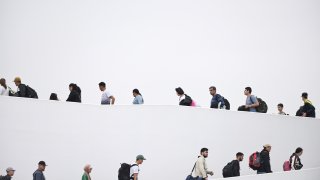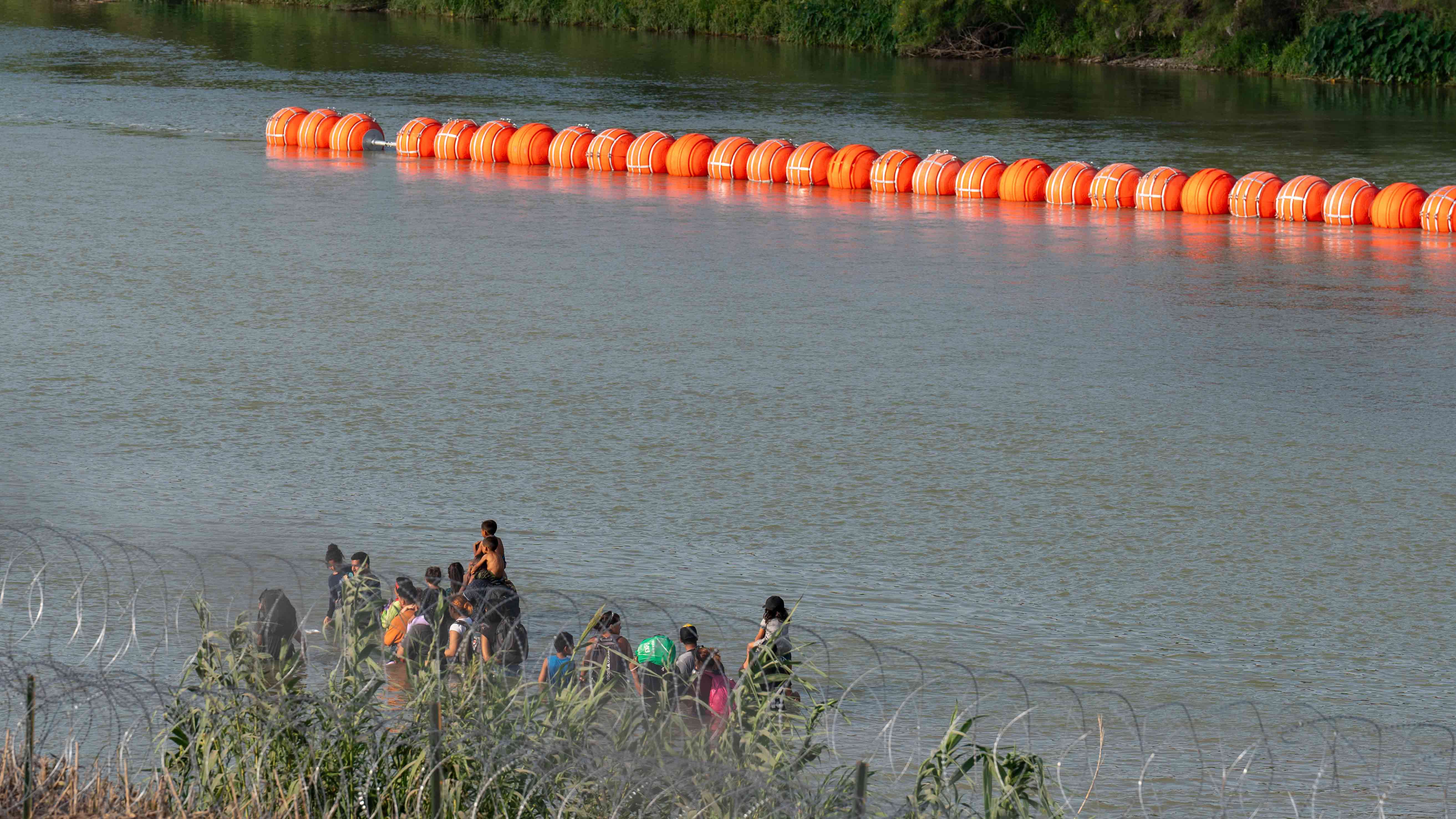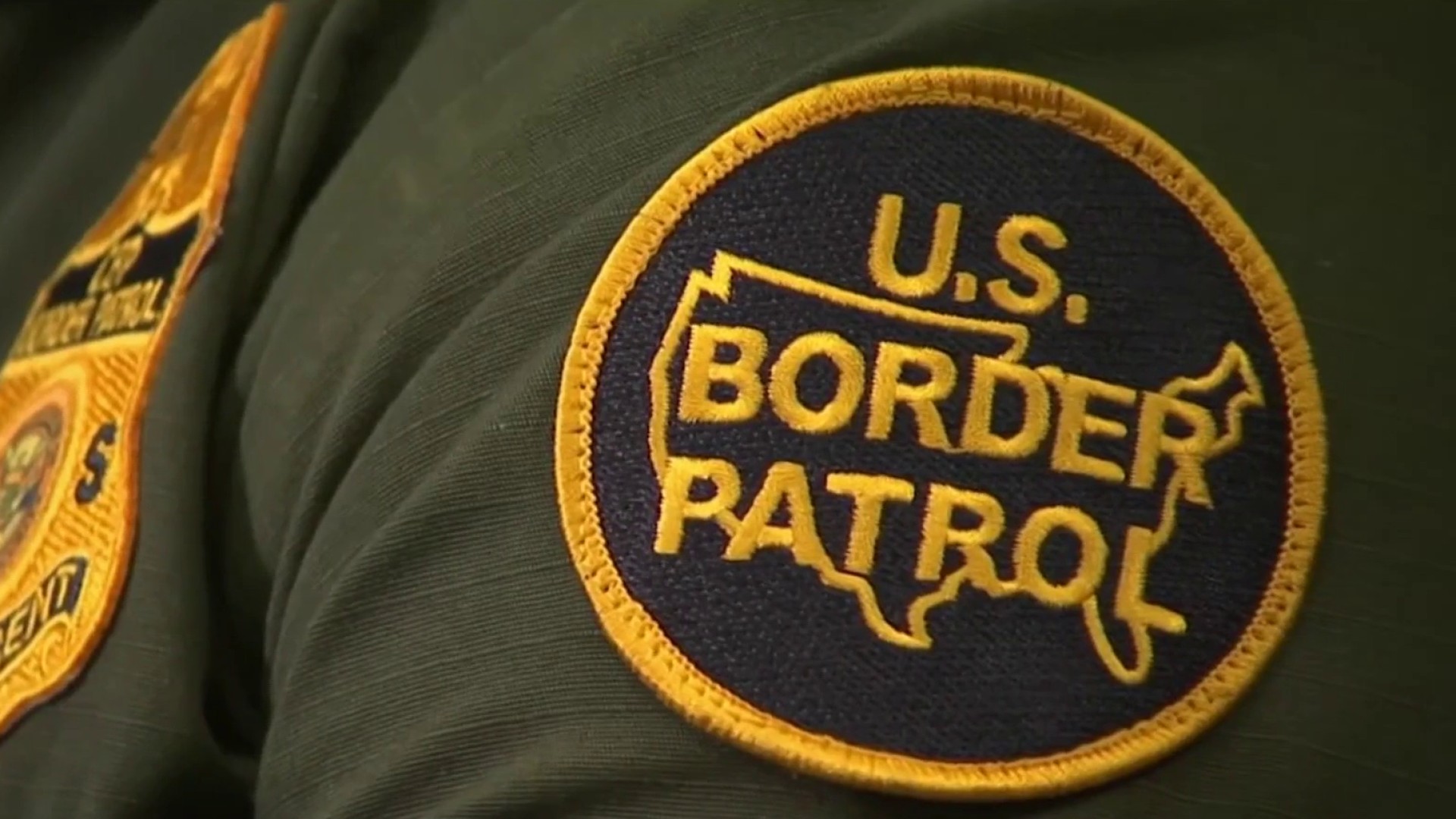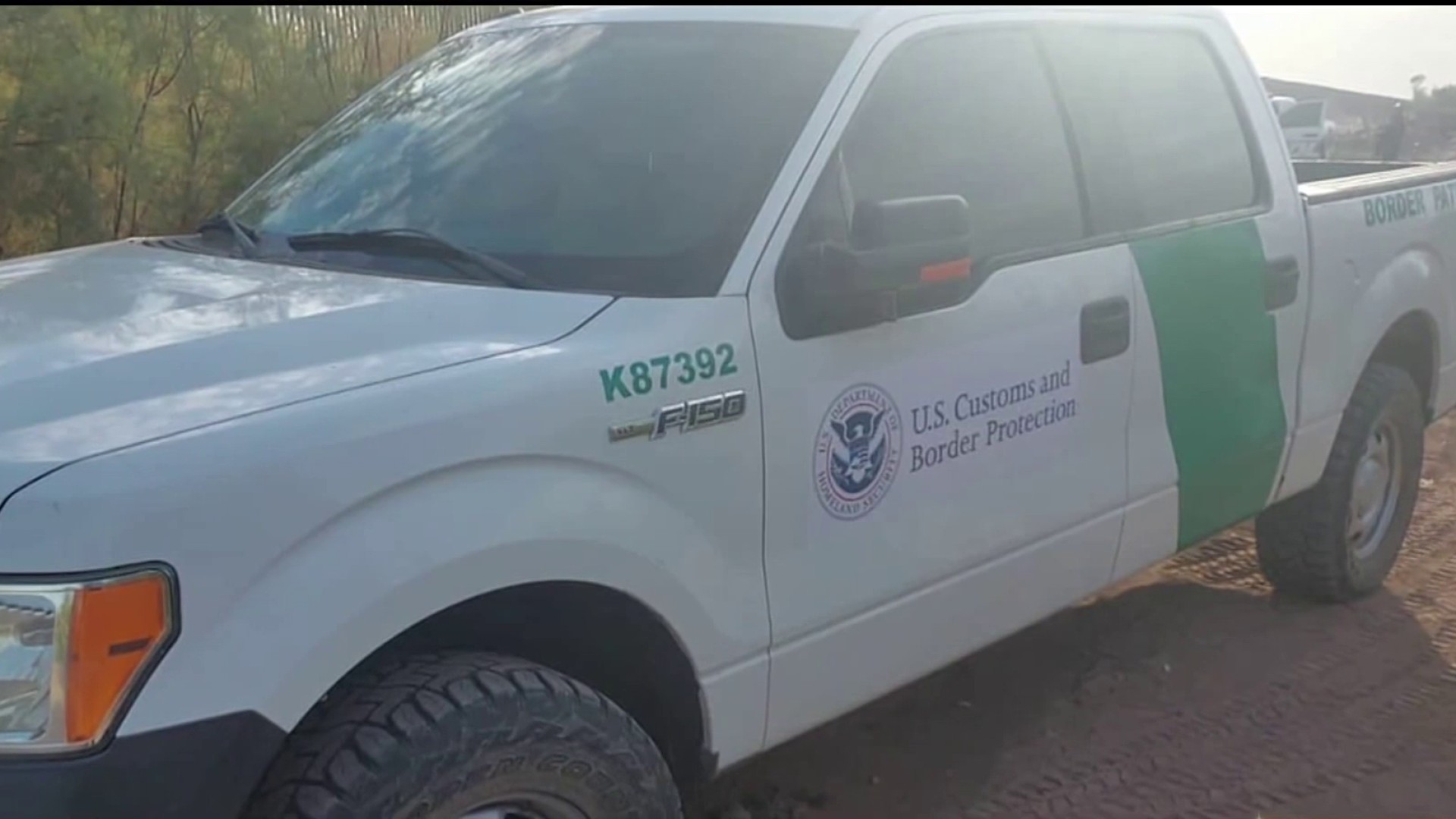
Immigrant rights groups filed a lawsuit in San Diego federal court Friday challenging policies that turn asylum seekers away at the southern border if they cannot access a smartphone app to apply for appointments with border officials.
The suit filed on behalf of Al Otro Lado, Haitian Bridge Alliance, and 10 people seeking asylum alleges noncitizens have been turned away at the border if they have not made appointments through the CBP One smartphone application.
Border Stories
The complaint states that many asylum seekers do not have reliable access to phones or understand the languages used in the app, or may have disabilities preventing them from navigating the app.
Get San Diego local news, weather forecasts, sports and lifestyle stories to your inbox. Sign up for NBC San Diego newsletters.
The lawsuit details accounts from several asylum seekers who were fleeing violence in their home countries and denied entry to the United States.
Many of the plaintiffs lack cell phones in order to obtain the appointments. Others encountered glitches and errors when using the app which prevented them from securing appointments.
The suit also alleges the app has created a new avenue for exploitation, in which individuals offer sham services for asylum seekers, charging thousands of dollars for assistance in utilizing the app.
A DHS news release describes the app as "a key component of DHS efforts to incentivize migrants to use lawful processes and disincentivize attempts at irregular or unlawful entry to the United States." DHS also said "because the app provides a direct system to request appointments, it reduces the potential for smugglers or others to exploit migrants."
The lawsuit also alleges the number of appointment slots has been capped, preventing many of those who can use the app from securing appointments.
Last month, U.S. Customs and Border Protection announced the number of available daily appointments would be increased from 1,250 to 1,450. According to CBP, more than 49,000 people were able to secure CBP One appointments between May 12 and June 23.
But the lawsuit alleges many of those who have been turned away have waited several months to secure an appointment without success.
"As a result, countless asylum seekers have been forced to wait indefinitely under precarious conditions in Mexico in the hope of obtaining scarce appointments," the complaint states.
NBC 7 reached out to the CBP for a comment regarding the suit and was told, "We are still conducting the investigation" regarding the suit.
In June, the CBP announced an expansion in the number of appointments that were available via the app and said, in part, "CBP One is a key component of DHS efforts to incentivize migrants to use lawful processes and disincentivize attempts at irregular or unlawful entry to the United States. Because the app provides a direct system to request appointments, it reduces the potential for smugglers or others to exploit migrants," adding that "Noncitizens who cross between the ports of entry, or who present at a port of entry without making a CBP One appointment, will be subject to the Circumvention of Lawful Pathways rule which places a common-sense condition on asylum eligibility for those who fail to use lawful processes, with certain exceptions. Individuals who appear at a port of entry with a CBP One appointment are excepted from the Circumvention of Lawful Pathways rule, are issued a Notice to Appear before an immigration judge, and processed under Title 8 immigration authorities."




